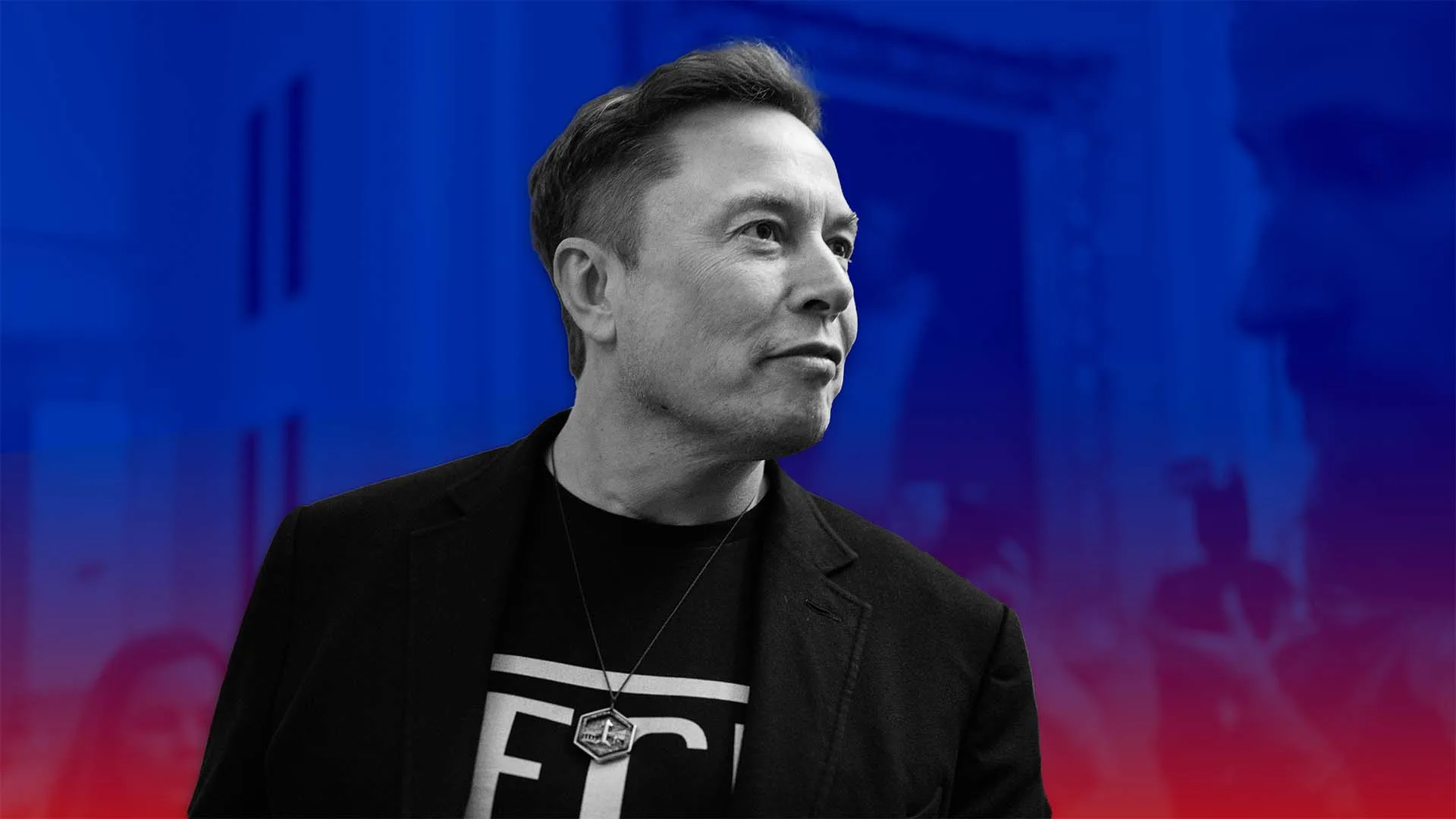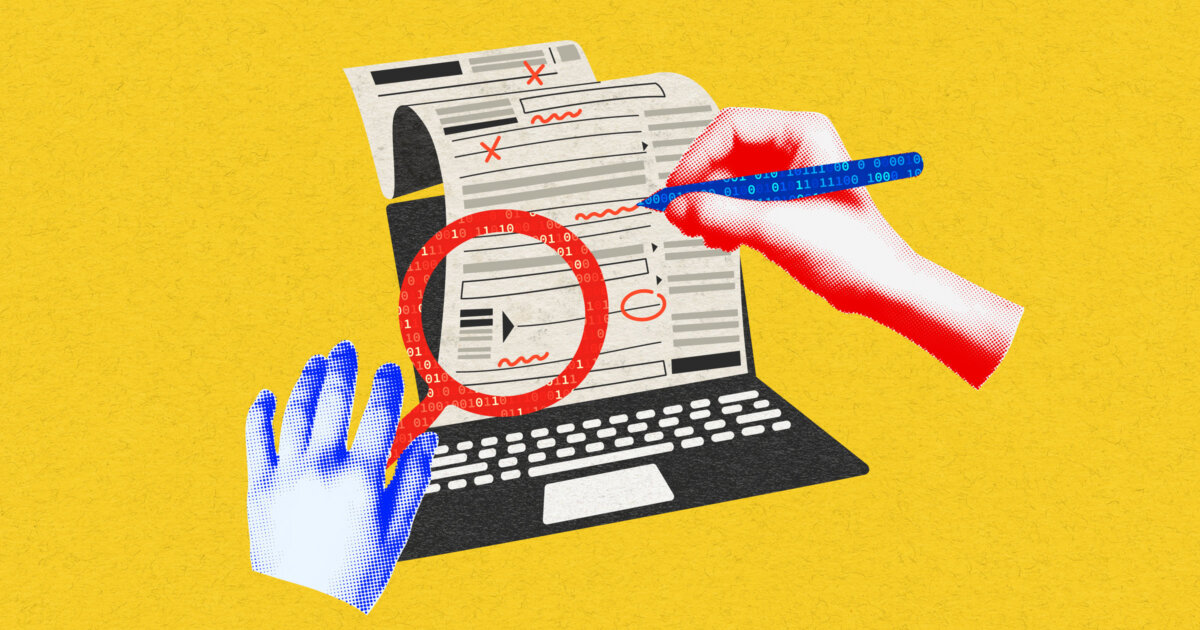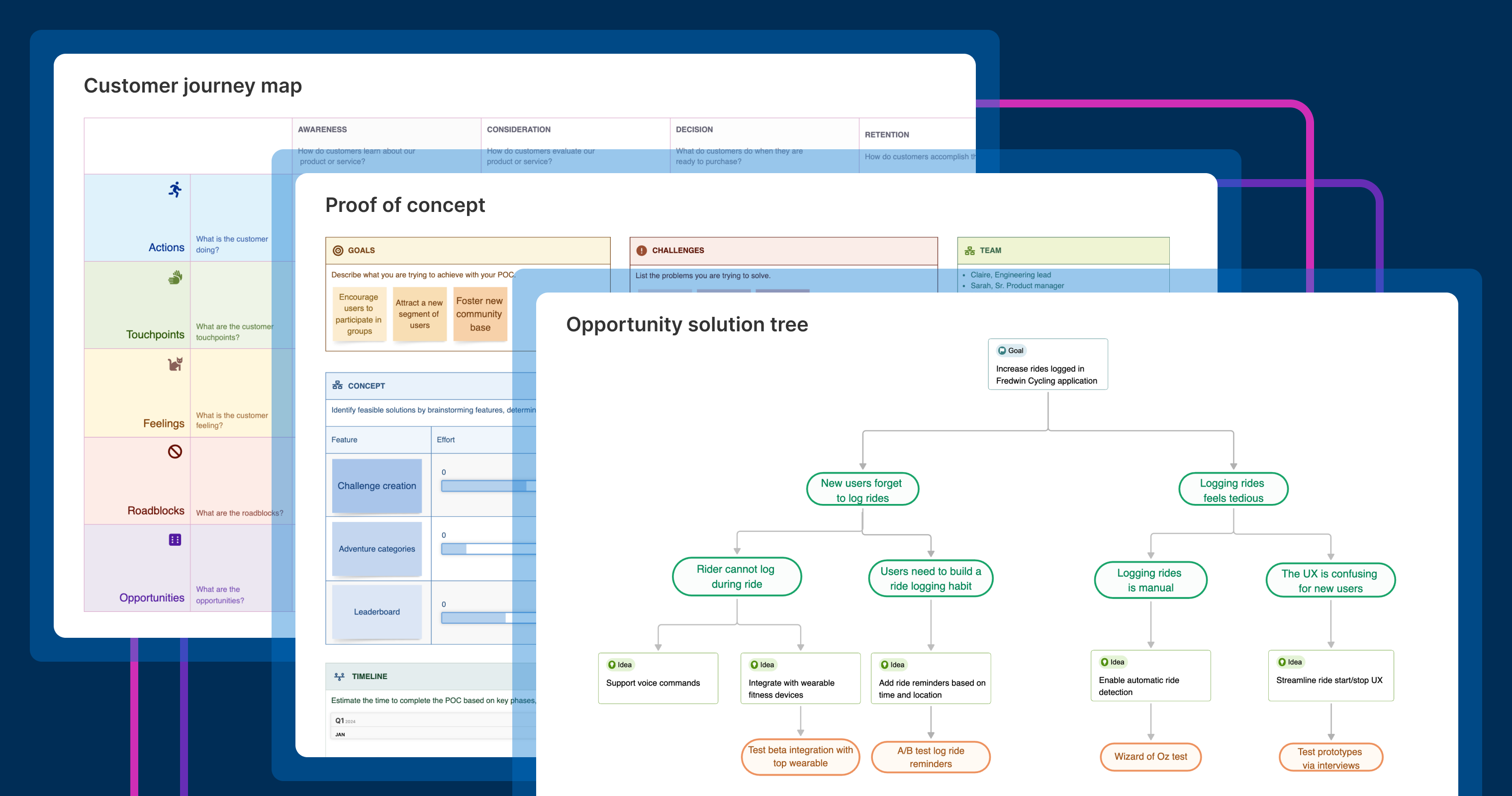How DOGE may wreak havoc on the Social Security system
I’ve written before about my love for the Social Security Administration–from its origin as a response to senior poverty during the Great Depression, to its elegant design as a direct transfer from current workers to current beneficiaries, to its regular adjustments that have preserved its future. All of which to say, I’m pretty darn attached to the SSA for someone ineligible to receive benefits before the year 2041. So the recent news about Social Security, from reports of widespread customer service disruptions to Elon Musk’s claim that only fraudsters complain about delayed benefits, made me worried, angry, and more likely to stress eat all the pretzels and hummus in the house. As upsetting as all this is, there is still plenty we can do. Whether you’re a beneficiary, the child of a beneficiary, or just someone who likes efficiency experts to wield scalpels rather than chainsaws, here’s what you need to know about protecting Social Security. Fraud is not a problem with Social Security The Trump administration has claimed over and over that there is a rampant fraud problem in the Social Security system. The most recent example (as of this writing) was Musk’s claim during a tele-rally for a Wisconsin Supreme Court candidate that someone would be arrested the next day for stealing 400,000 Social Security numbers in order to fraudulently claim benefits. There are many things wrong with that previous sentence–including the fact that it’s really stupid to announce a potential arrest before it has happened–but let’s focus on the fraud claim. Fraudulently claiming Social Security benefits simply isn’t a thing. Social Security is a remarkably accurate government program, enjoying a payment accuracy rate of 99.7%. Only 0.3% of Social Security benefits are improper payments (which includes both overpayment and underpayment), and the majority of these improper payments are caused by delays or mistakes. The SSA has a 47% recovery rate for overpayments–and the government aggregates annual improper payment datasets so that any American citizen can take a look at how accurate the SSA’s benefit payments are. The SSA also has rigorous safeguards and protocols in place to stop payments to beneficiaries who have died, including collecting death data, checking that the oldest beneficiaries are using their benefits, and terminating benefits at age 115. Finally, non-citizens who are eligible to work in the United States receive a Social Security number–and they pay into the Social Security system–but they are not eligible for benefits. This makes non-citizens with Social Security numbers a net financial benefit to the SSA. When someone claims that Social Security needs an overhaul because of widespread fraud, they don’t know what they are talking about. The Social Security computer system needs to be updated As much as I love the SSA, I am not blind to its flaws. Specifically, Social Security’s computer systems are written in COBOL, a computer language that was developed in the 1950s and gained widespread use in the 1970s. However, COBOL is now an obsolete computer language–but the SSA maintains 60 million lines of code in this language to this day. The SSA also relies on COBOL for the code responsible for issuing social security numbers, calculating benefits, and managing payments, according to a report from Wired. This is clearly unsustainable, as anyone who has ever asked a software engineer about their profession can attest. Computer systems are notoriously flimsy, held together by chewing gum and hope, and every day the SSA continues to hum along on an obsolete coding language is kind of miraculous. The plan to rewrite this code to modernize the SSA’s computer system is a good one–but DOGE wants to accomplish this migration in an irresponsibly short timeframe. A complete migration from COBOL to Java would take several years, but the Department of Government Efficiency is proposing a timeframe of a few months. While it may be more “efficient” to burn the current computer system to the ground and build a new one on its ashes, the increased efficiency would be little comfort to the beneficiaries who don’t receive payments, receive the wrong payments, or have to wait months for benefits they are entitled to. Recognize the propaganda For years, Social Security has been known as the third rail of American politics, since it enjoys bipartisan popularity. No one wants the government to cut payments to Nana and Pop-Pop. (They have the good cookies at their house!) The only way to touch an untouchable program is to convince the populace that it’s riddled with problems. Pointing out the real or fabricated problems within a beloved program allows the people in power to dismantle the program in the name of improvement. This is why we are hearing so much about Social Security’s supposed faults. Musk and his minions claim rampant fraud, dead beneficiaries, and non-citizens rece

I’ve written before about my love for the Social Security Administration–from its origin as a response to senior poverty during the Great Depression, to its elegant design as a direct transfer from current workers to current beneficiaries, to its regular adjustments that have preserved its future.
All of which to say, I’m pretty darn attached to the SSA for someone ineligible to receive benefits before the year 2041.
So the recent news about Social Security, from reports of widespread customer service disruptions to Elon Musk’s claim that only fraudsters complain about delayed benefits, made me worried, angry, and more likely to stress eat all the pretzels and hummus in the house.
As upsetting as all this is, there is still plenty we can do. Whether you’re a beneficiary, the child of a beneficiary, or just someone who likes efficiency experts to wield scalpels rather than chainsaws, here’s what you need to know about protecting Social Security.
Fraud is not a problem with Social Security
The Trump administration has claimed over and over that there is a rampant fraud problem in the Social Security system. The most recent example (as of this writing) was Musk’s claim during a tele-rally for a Wisconsin Supreme Court candidate that someone would be arrested the next day for stealing 400,000 Social Security numbers in order to fraudulently claim benefits.
There are many things wrong with that previous sentence–including the fact that it’s really stupid to announce a potential arrest before it has happened–but let’s focus on the fraud claim.
Fraudulently claiming Social Security benefits simply isn’t a thing.
Social Security is a remarkably accurate government program, enjoying a payment accuracy rate of 99.7%. Only 0.3% of Social Security benefits are improper payments (which includes both overpayment and underpayment), and the majority of these improper payments are caused by delays or mistakes. The SSA has a 47% recovery rate for overpayments–and the government aggregates annual improper payment datasets so that any American citizen can take a look at how accurate the SSA’s benefit payments are.
The SSA also has rigorous safeguards and protocols in place to stop payments to beneficiaries who have died, including collecting death data, checking that the oldest beneficiaries are using their benefits, and terminating benefits at age 115.
Finally, non-citizens who are eligible to work in the United States receive a Social Security number–and they pay into the Social Security system–but they are not eligible for benefits. This makes non-citizens with Social Security numbers a net financial benefit to the SSA.
When someone claims that Social Security needs an overhaul because of widespread fraud, they don’t know what they are talking about.
The Social Security computer system needs to be updated
As much as I love the SSA, I am not blind to its flaws. Specifically, Social Security’s computer systems are written in COBOL, a computer language that was developed in the 1950s and gained widespread use in the 1970s. However, COBOL is now an obsolete computer language–but the SSA maintains 60 million lines of code in this language to this day. The SSA also relies on COBOL for the code responsible for issuing social security numbers, calculating benefits, and managing payments, according to a report from Wired.
This is clearly unsustainable, as anyone who has ever asked a software engineer about their profession can attest. Computer systems are notoriously flimsy, held together by chewing gum and hope, and every day the SSA continues to hum along on an obsolete coding language is kind of miraculous.
The plan to rewrite this code to modernize the SSA’s computer system is a good one–but DOGE wants to accomplish this migration in an irresponsibly short timeframe. A complete migration from COBOL to Java would take several years, but the Department of Government Efficiency is proposing a timeframe of a few months.
While it may be more “efficient” to burn the current computer system to the ground and build a new one on its ashes, the increased efficiency would be little comfort to the beneficiaries who don’t receive payments, receive the wrong payments, or have to wait months for benefits they are entitled to.
Recognize the propaganda
For years, Social Security has been known as the third rail of American politics, since it enjoys bipartisan popularity. No one wants the government to cut payments to Nana and Pop-Pop. (They have the good cookies at their house!)
The only way to touch an untouchable program is to convince the populace that it’s riddled with problems. Pointing out the real or fabricated problems within a beloved program allows the people in power to dismantle the program in the name of improvement.
This is why we are hearing so much about Social Security’s supposed faults. Musk and his minions claim rampant fraud, dead beneficiaries, and non-citizens receiving fat benefit checks, despite the SSA’s incredible 99.7% payment accuracy. The Department of Government Efficiency is correct that the SSA’s computer system is based on archaic code and needs updating–but the most “efficient” way of handling the update would imperil the benefits of millions of Americans.
What can you do to protect Social Security?
We the people have more power than any politician (or random South African billionaire). In the case of Social Security, pushback from beneficiaries has already delayed a deeply unpopular new identity-proofing requirement. Further complaints about this requirement could delay it even more–or perhaps eliminate it entirely.
With that in mind, contacting your representatives by phone and email is a great way to remind our government of how painful it is to touch the third rail.
Sharing the facts about Social Security (possibly by forwarding this article, ahem) is also an important protective measure, because it helps build immunity to misinformation and propaganda.
To protect your personal Social Security benefits, sign up for a my Social Security account if you haven’t already. From that account, save and print your Social Security Statement, which includes your earnings record. This will ensure you have the correct information about your Social Security earning record and potential benefits in the (unlikely!) event that DOGE actually tries to rewrite the SSA code during a single caffeine-soaked weekend.
Worth fighting for
The Social Security Administration represents the best of American government policy. We won’t let it be dissected, dismantled, or demolished without a fight.





























































































![Building A Digital PR Strategy: 10 Essential Steps for Beginners [With Examples]](https://buzzsumo.com/wp-content/uploads/2023/09/Building-A-Digital-PR-Strategy-10-Essential-Steps-for-Beginners-With-Examples-bblog-masthead.jpg)



![How One Brand Solved the Marketing Attribution Puzzle [Video]](https://contentmarketinginstitute.com/wp-content/uploads/2025/03/marketing-attribution-model-600x338.png?#)






![How to Use GA4 to Track Social Media Traffic: 6 Questions, Answers and Insights [VIDEO]](https://www.orbitmedia.com/wp-content/uploads/2023/06/ab-testing.png)






























